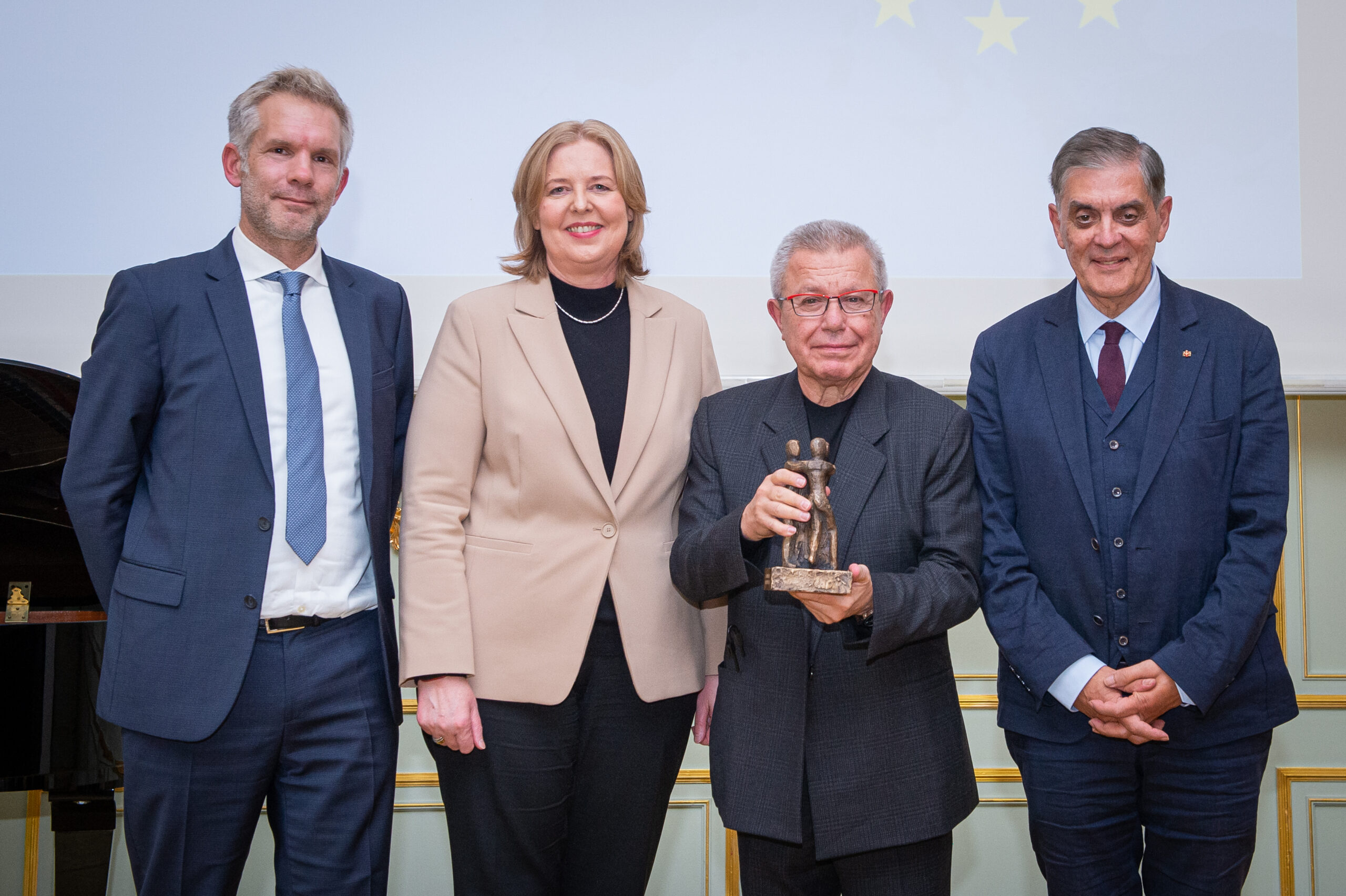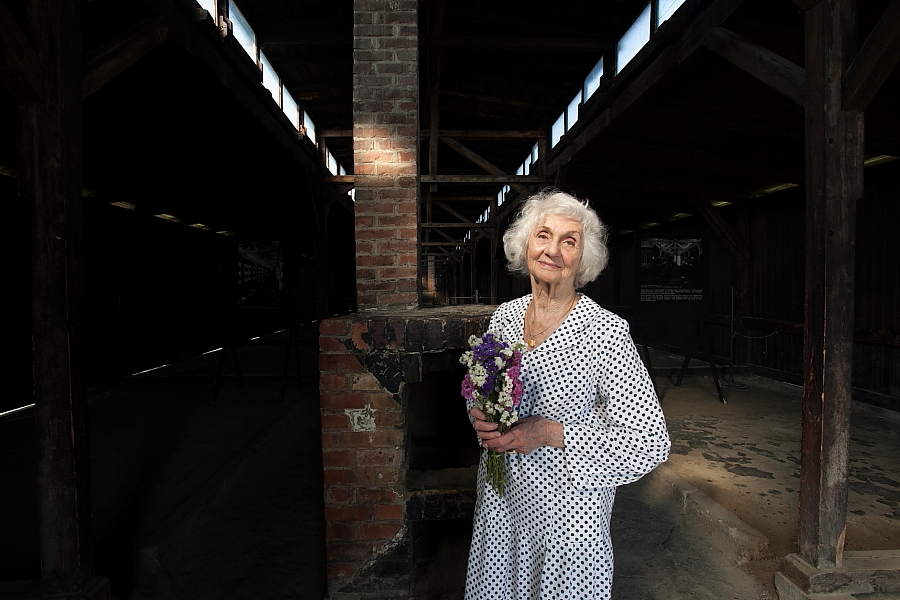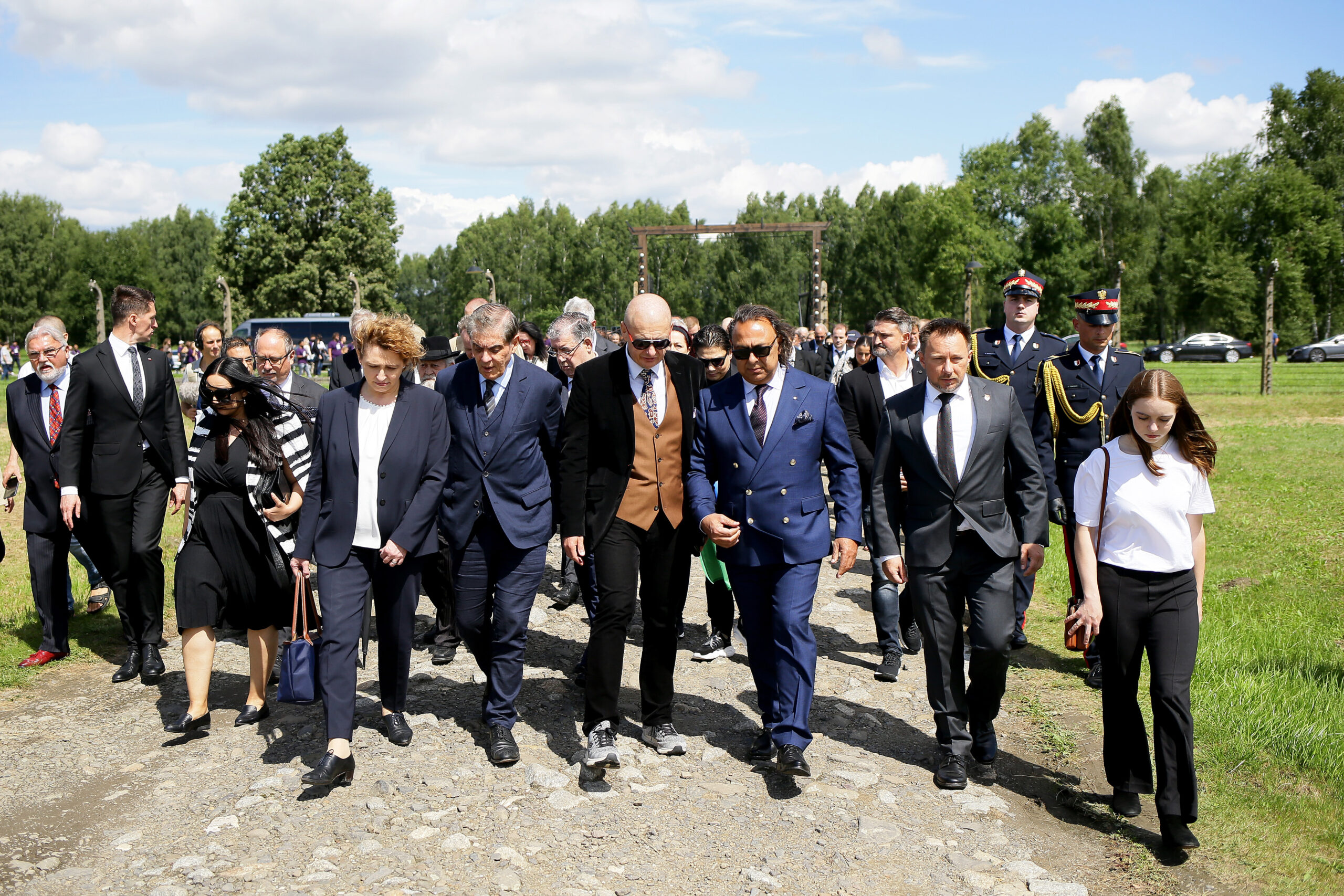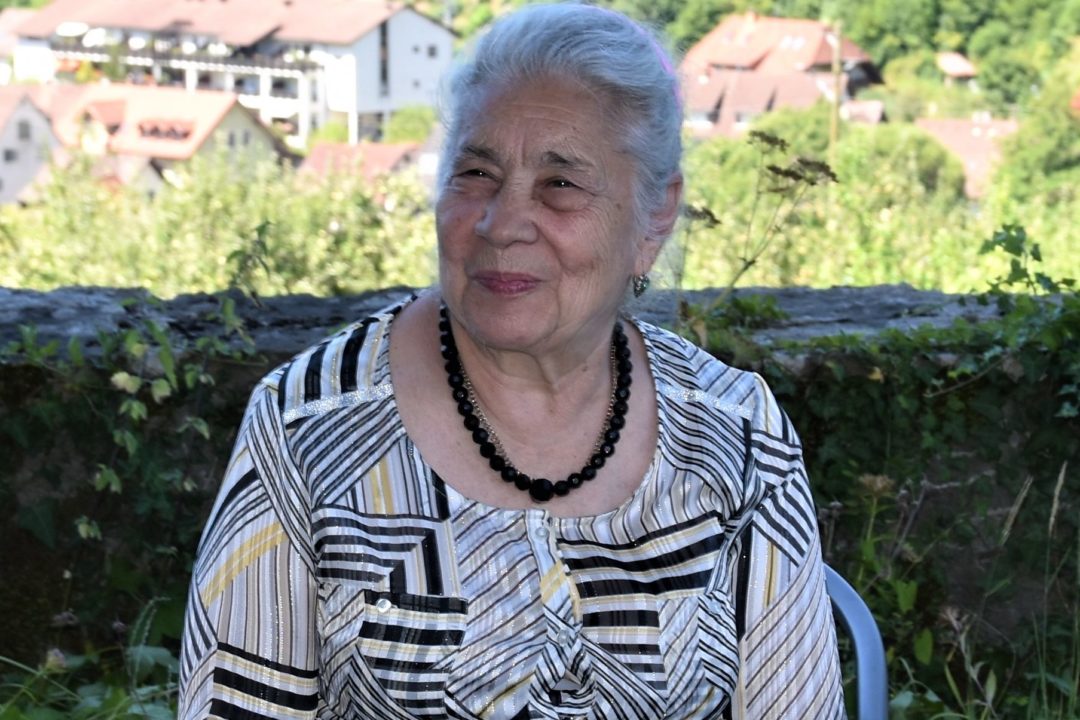The Documentation and Cultural Center of German Sinti and Roma, together with the Central Council, mourns the death of Ukrainian Holocaust survivor Raisa Nabaranchuk, who died in Freiburg at the age of 80.
Born in 1943 in Nazi-occupied Kiev, Raisa Nabaranchuk was one of the first survivors of Nazi persecution to be evacuated by an aid network of various organizations shortly after the start of the Russian war of aggression. Together with her two sisters and other relatives, she managed to escape from her homeland to Freiburg in Southern Germany in 2022.
Members of her family were among the victims and survivors of mass shootings near Kiev. On September 29 and 30, 1941, the Germans and their collaborators murdered nearly 34,000 Jewish children, women and men in the Babyn Yar ravine. They also killed Roma there. Raisa Nabaranchuk’s father, in turn, fought on the side of the Red Army during World War II.
For most of her life, Raisa Nabaranchuk worked as a hairdresser – a profession that was practiced in her family for several generations. In the 1960s, she also began writing, initially merely as a hobby. It was only in 1990 after a relative encouraged her to publish some of her texts. In particular, the volume of poems “My dear people, to you my words are addressed”, published under the pseudonym Rani Romani, became well-known.
In recent years, Raisa Nabaranchuk has been actively involved in commemorating the genocide of the Roma in Ukraine. She has not only participated in the Romani Studies programs at the universities of Kiev and Chernihiv, but also represented the Roma community at home and abroad.
On August 2, 2022, at the virtual commemoration of the Documentation and Cultural Center on the occasion of the European Holocaust Remembrance Day for Sinti and Roma, Raisa Nabaranchuk spoke about her grandmother, who was murdered by the German occupiers. She also shared her story of the recent Russian bombing raids and the anxious hours spent in an air-raid shelter:
‘There was nothing in Kiev itself, only the surrounding areas were bombed. We were in the basement under the high-rise building. We were not safe in the apartment, and felt afraid all the time. We thank our neighbors for taking us to the basement with them. Still, we were scared. You don’t know where the next rocket is going to go.’
In the conversation back then, she was so hopeful that she would already be spending Christmas with her family back home. This wish was not to be fulfilled in light of the ongoing attacks on Ukraine.





